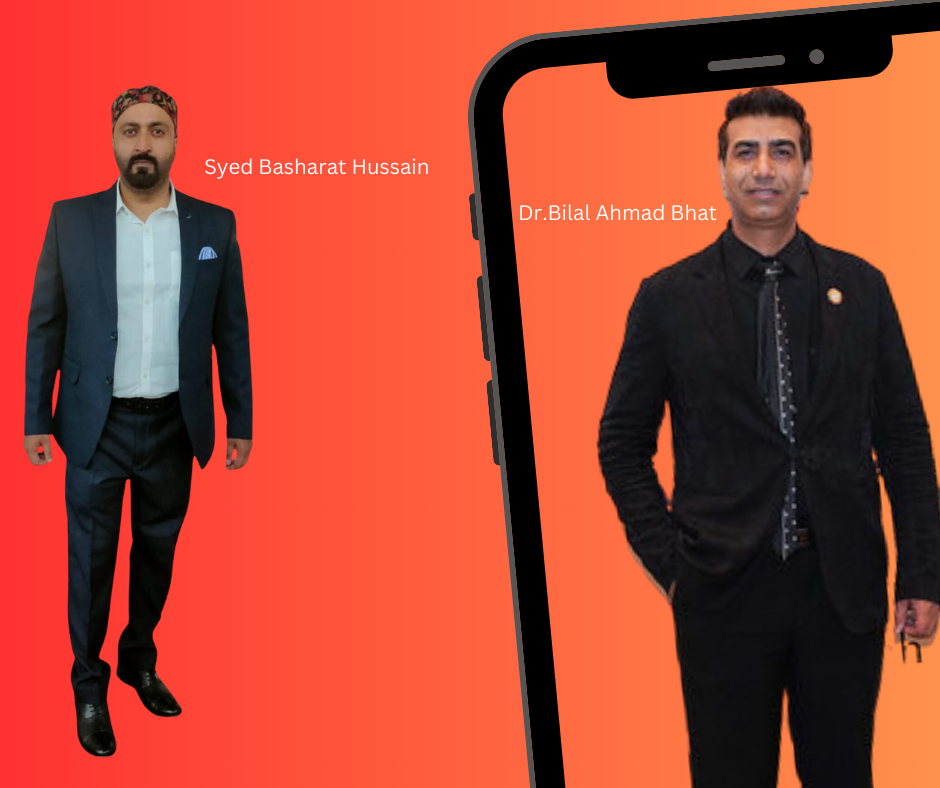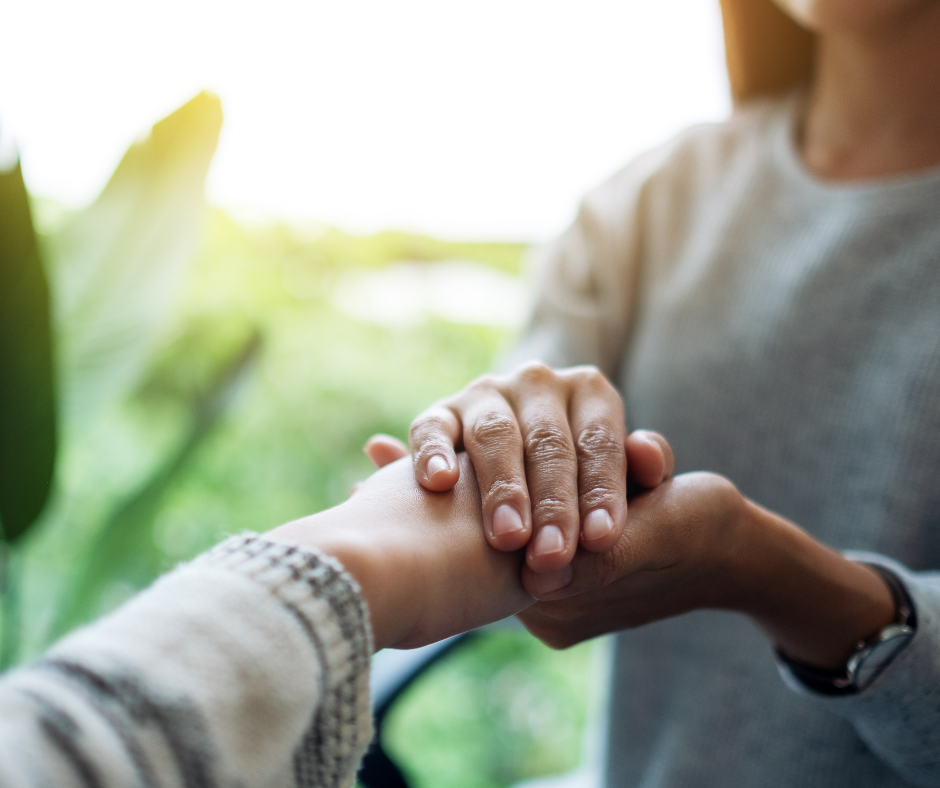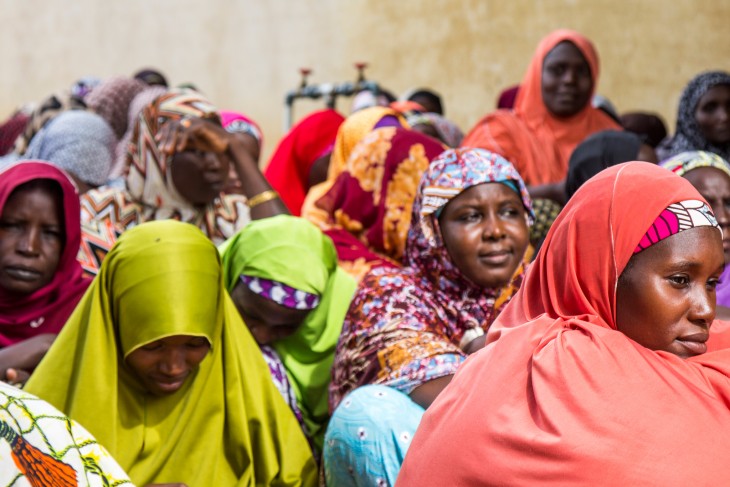The “Voice of Widows – Turning Sorrows Into Strength” initiative, launched by BAB Group of Companies and spread through the 28COE Ecosystem, is a transformative program aimed at empowering widows, particularly those in Jammu & Kashmir. This initiative emerged from discussions between Dr. Bilal Ahmad Bhat, Founder of 28 Credentials of Entrepreneur, and Syed Basharat Hussain, social & political activist. They highlighted the severe challenges faced by widows in the region, including tremendous isolation, lack of moral support, and societal stigmatization. The Plight of Widows in Jammu & Kashmir Widows in Jammu & Kashmir often experience profound loneliness and marginalization. The societal view of widows is often negative, seeing them through a lens of immorality and pity rather than as individuals deserving respect and support. This stigmatization exacerbates their struggles, making it difficult for them to integrate into society, access opportunities, and rebuild their lives. Raising Awareness and Empowerment “Voice of Widows” aims to address these issues head-on by raising awareness about the challenges widows face and advocating for their rights and dignity. The initiative brings to light many heartbreaking stories, showing the real, human impact of widowhood in a region marred by conflict and socio-economic challenges. Creating Opportunities through Startups To offer tangible support, the initiative focuses on creating various startups tailored to the needs of widows. By doing so, it provides them with opportunities for economic independence and self-reliance. These startups are designed to harness the skills and potentials of widows, helping them to turn their sorrows into strength. This approach not only offers financial support but also aims to restore their dignity and place in society. Call for Support and Suggestions The success of “Voice of Widows” relies heavily on community support and innovative ideas. The initiative invites contributions, suggestions, and active involvement from individuals and organizations who share the vision of empowering widows. By collaborating, the initiative seeks to expand its reach and effectiveness, ensuring that more widows can benefit from its programs. The Bottom Line “Voice of Widows – Turning Sorrows Into Strength” is a bold and necessary initiative that seeks to transform the lives of widows in Jammu & Kashmir. By addressing the deep-seated issues of isolation and stigmatization, and by providing concrete economic opportunities through startups, this initiative offers a path to dignity, independence, and strength for widows. The support and active participation of the broader community are crucial in realizing this vision and making a lasting impact on the lives of widows.
Uplifting Widows: The Resilient Voices of Change
Introduction: In the journey of life, we often encounter challenges that test our resilience and strength. For widows, the loss of a partner brings forth a unique set of difficulties, ranging from emotional upheaval to financial instability. However, amidst these trials, widows around the world are rising, empowered by their own resilience and the support of organizations like “The Voice of Widows”. In this blog, we explore the profound journey of self-empowerment among widows and the pivotal role organizations like yours play in amplifying their voices and fostering positive change. The Silent Strength of Widows: Widows, often overlooked and underestimated, possess an inherent strength that emerges from their resilience in the face of adversity. The loss of a spouse can leave them navigating through a maze of emotions – grief, loneliness, and uncertainty. Yet, within the depths of their sorrow, widows discover an inner resolve, a silent strength that propels them forward. Amidst their grief, widows often find themselves thrust into unfamiliar roles, shouldering responsibilities they never imagined. From managing households to providing for their families, they embody resilience in action. It is this resilience that forms the cornerstone of self-empowerment among widows – the ability to adapt, persevere, and thrive despite the challenges they face. The Role of Self-Empowerment: Self-empowerment among widows transcends mere survival; it encompasses a journey of reclaiming one’s identity, voice, and agency. Empowerment enables widows to recognize their inherent worth and potential, breaking free from the shackles of societal stigma and limitations. Through self-empowerment, widows embrace their autonomy, making decisions that shape their lives and futures. They seek out opportunities for personal growth, education, and skill development, reclaiming control over their destinies. Empowerment fosters a sense of liberation, allowing widows to redefine their narratives and pursue their dreams with unwavering determination. The Voice of Widows: A Beacon of Hope: In the quest for self-empowerment, organizations like “The Voice of Widows” serve as beacons of hope, offering support, resources, and a platform for widows to amplify their voices. Founded on the principles of empowerment and advocacy, your organization plays a pivotal role in championing the rights and well-being of widows worldwide. Through various initiatives such as education programs, vocational training, and community outreach, “The Voice of Widows” empowers widows to break the cycle of poverty and dependency. By providing access to essential services, legal assistance, and psychosocial support, you create a nurturing environment where widows can heal, grow, and thrive. Moreover, your organization serves as a catalyst for social change, challenging stereotypes and advocating for gender equality and widows’ rights. By raising awareness, fostering dialogue, and mobilizing communities, you pave the way for a more inclusive and equitable society where widows are valued and empowered. Conclusion: In the tapestry of human experience, widows emerge as resilient warriors, embodying the transformative power of self-empowerment. Through their strength, courage, and resilience, they defy the odds, inspiring hope and change in their communities and beyond. With organizations like “The Voice of Widows” by their side, they embark on a journey of empowerment, reclaiming their voices and rewriting their destinies. Together, let us continue to champion the cause of widows’ empowerment, ensuring that every widow finds the support, dignity, and opportunity she deserves.
The Unspoken Truth: Why Widows Often Choose Not to Remarry
In a world where love stories are celebrated and fairy tales promise happily ever afters, there exists a silent reality that many are hesitant to acknowledge: the choice of widows not to remarry. It’s a topic often veiled in societal assumptions and misconceptions. But behind closed doors and within the heart of every widow lies a story untold, a narrative that transcends cultural norms and societal pressures. As an advocate for widows’ voices, I’ve had the privilege of delving into these stories through my work with The Voice of Widows, an organization dedicated to amplifying their experiences and advocating for their rights. The decision not to remarry isn’t born out of a lack of desire for companionship or love. It’s a deeply personal choice, shaped by a myriad of factors unique to each individual. For many widows, the pain of losing a spouse runs deep, leaving an indelible mark on their hearts and souls. The thought of opening themselves up to the possibility of love again can be daunting, as it means confronting the fear of experiencing such loss once more. Moreover, societal expectations and stigmas surrounding widows often compound this reluctance to remarry. In many cultures, widows face ostracization, discrimination, and even condemnation if they choose to pursue romantic relationships after the loss of their spouse. They may be seen as betraying the memory of their late partner or deemed unfit for remarriage due to outdated beliefs and traditions. Financial considerations also play a significant role in the decision-making process. In some cases, widows may find themselves thrust into newfound responsibilities and challenges following the death of their spouse. They become the sole breadwinners, caregivers, and decision-makers for their families. The prospect of navigating these responsibilities alone can make the idea of remarriage seem more like a burden than a blessing. Furthermore, for widows who have children, the dynamics of remarriage become even more complex. There’s the concern of how a new partner will integrate into the family dynamic and the impact it will have on the children’s lives. The fear of disrupting the delicate balance they’ve worked so hard to maintain can outweigh any potential benefits of remarriage. But amidst these challenges and complexities, it’s essential to recognize that the choice not to remarry is not a sign of weakness or failure. It’s a testament to the resilience, strength, and autonomy of widows everywhere. They have weathered the storm of grief and loss and emerged on the other side with a newfound sense of self-awareness and empowerment. At The Voice of Widows, we strive to create a supportive and inclusive community where widows feel heard, valued, and understood. Through our advocacy efforts, we aim to challenge societal norms and dismantle the barriers that prevent widows from living their lives on their own terms. We believe that every widow deserves the right to choose her own path, whether that includes remarriage or not. So the next time you encounter a widow who has chosen not to remarry, instead of passing judgment or making assumptions, take a moment to listen to her story. Behind her decision lies a wealth of wisdom, strength, and courage that deserves to be celebrated and honored. And through organizations like The Voice of Widows, we can ensure that every widow’s voice is heard and her choices respected.
Finding Hope in the Company of Others: The Voice of Widows
In the quiet corners of our lives, there exists a unique kind of strength that emerges from the depths of loss. It’s a strength born not from the absence of pain but from the courage to confront it, to navigate through the labyrinth of grief, and to emerge, albeit scarred, on the other side. Widows and widowers understand this journey all too well, for theirs is a path marked by profound sorrow and profound resilience. In the midst of this journey, there exists a beacon of hope – a gathering, a community known as The Voice of Widows. Here, amidst shared experiences and kindred spirits, widowed individuals find solace, support, and the gentle reassurance that they are not alone. Imagine stepping into a room filled with people who understand the intricate web of emotions that accompany loss. There’s a sense of camaraderie, an unspoken bond that transcends words. Each person carries within them a story – stories of love and loss, of laughter and tears, stories that intertwine to form a tapestry of shared humanity. As conversations ebb and flow, there’s a palpable shift in the atmosphere – a subtle yet powerful transformation fueled by empathy and understanding. In this space, vulnerability is not a weakness but a badge of honor, a testament to the depth of one’s capacity to love and to endure. The Voice of Widows provides a sanctuary for those grappling with the complexities of grief. Through support groups, counseling sessions, and community events, individuals find the courage to navigate the uncharted waters of life after loss. Here, they discover that healing is not a linear journey but a mosaic of moments – small victories and setbacks, moments of clarity and moments of confusion – all contributing to the gradual unfolding of a new chapter. But perhaps the most profound aspect of The Voice of Widows is the cultivation of hope. In the company of others who have walked a similar path, widowed individuals find reassurance that joy can coexist with sorrow, that light can pierce through the darkest of nights. Through shared stories of resilience and triumph, they glean glimpses of a future filled with possibility – a future where love, though transformed, remains a guiding force. In the embrace of this community, widowed individuals discover that hope is not an abstract concept but a tangible presence, woven into the fabric of human connection. It’s the reassuring hand on a shoulder, the shared laughter over fond memories, the collective sigh of relief that comes with knowing that they are understood, accepted, and cherished. As the gathering draws to a close and individuals begin to disperse, there’s a sense of renewal in the air – a quiet yet unmistakable resolve to continue moving forward, one step at a time. For in the embrace of The Voice of Widows, they have found not only solace but also strength – strength to honor the past, embrace the present, and embrace the future with open hearts and open minds. So, to all those who have experienced the profound loss of a spouse, know that you are not alone. Within the walls of The Voice of Widows, there exists a community ready to walk alongside you, to listen, to support, and to remind you that even in the darkest of moments, hope endures.
Life After Loss: A Journey of Healing and Support for Widows
Losing a spouse is one of life’s most challenging experiences, and navigating the journey of grief and healing can be overwhelming. For many widows, finding a supportive community and resources to help cope with the loss and rebuild their lives is essential. Dr. Bilal Ahmad Bhat, a compassionate advocate for widows’ rights and well-being, has established a groundbreaking support group called “Life After A Death” to provide a safe space for widows to heal, connect, and thrive. The journey of life after the death of a spouse is often fraught with emotional turmoil, financial challenges, and a sense of isolation. Widows may find themselves grappling with overwhelming grief, uncertainty about the future, and the daunting task of managing their households and finances alone. Dr. Bilal Ahmad Bhat understands these struggles firsthand and has dedicated his efforts to create a supportive environment where widows can find solace, guidance, and empowerment. The “Life After A Death” support group offers a range of resources and services tailored to meet the unique needs of widows. Through regular meetings, workshops, and counseling sessions, widows have the opportunity to share their experiences, express their emotions, and receive practical advice on coping with grief and moving forward. Dr. Bilal Ahmad Bhat and his team of trained professionals facilitate discussions on topics such as self-care, financial planning, legal rights, and building resilience. One of the key pillars of the support group is fostering a sense of community among widows. Through networking events, social gatherings, and online forums, widows can connect with others who understand their journey and offer empathy, encouragement, and friendship. The camaraderie and solidarity within the group provide a source of strength and hope as widows navigate the ups and downs of rebuilding their lives. In addition to emotional support, “Life After A Death” also focuses on empowering widows through education and skill-building. Workshops and seminars cover a range of topics including career development, entrepreneurship, health and wellness, and personal growth. Dr. Bilal Ahmad Bhat’s vision is to equip widows with the knowledge, skills, and resources they need to create fulfilling and meaningful lives beyond loss. Furthermore, the support group collaborates with local organizations, nonprofits, and government agencies to advocate for widows’ rights, address social stigma, and create policies that promote inclusivity and support for widows in society. Through advocacy efforts and community outreach programs, “Life After A Death” aims to raise awareness about the challenges widows face and promote positive change on a larger scale. In conclusion, “Life After A Death” is not just a support group; it is a lifeline for widows seeking healing, empowerment, and a sense of belonging. Dr. Bilal Ahmad Bhat’s dedication to serving widows and his commitment to creating a supportive and inclusive community have made a profound impact on the lives of many. As widows navigate the complexities of life after loss, “Life After A Death” stands as a beacon of hope and resilience, reminding them that they are not alone on their journey toward healing and renewal.





